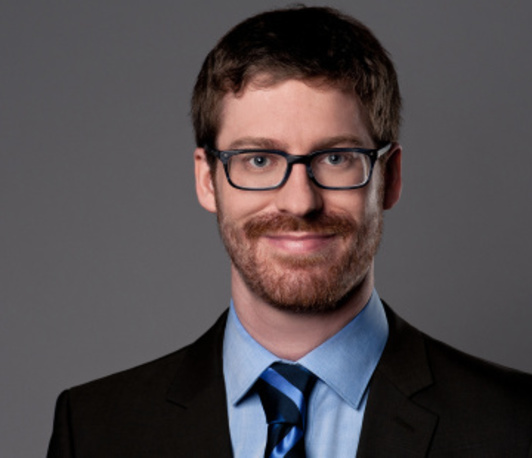MPI Colloquia Series | Prof. Alexander Grünberger, Karlsruhe Institute of Technology: Micro-Bioprocess engineering: More than miniaturisation of bioprocesses?!
Micro-Bioprocess engineering: More than miniaturisation of bioprocesses?!
- Datum: 13.03.2025
- Uhrzeit: 14:00 - 16:00
- Vortragende(r): Prof. Alexander Grünberger
- Ort: Max Planck Institute Magdeburg
- Raum: Big Seminar Room "Prigogine"
- Gastgeber: MPI Forschungskoordination
- Kontakt: oelbermann@mpi-magdeburg.mpg.de

The Max Planck Institute Magdeburg invites you to its series of colloquia.
Top-class scientists, from notable German and worldwide research
institutions, give a survey of their research work.
Everybody who is interested, is invited to attend.
Dial-in via Zoom: https://eu02web.zoom-x.de/j/7302508065
Abstract
Bioprocesses are a workhorse for the production of food, pharmaceuticals and other everyday goods. Bioprocesses are particularly important in the transition from an oil-based to a bio-based economy. Our understanding of large-scale bioprocesses is still dominated by an average cell approach in which the reactor is well-stirred and all cells behave equally. In contrast, the complex interplay between environmental reactor dynamics and the subsequent cellular response is still a mystery [1]. As a result, cells often show a significant variability in growth and production, potentially influencing the performance and robustness of bioprocesses [2].
In this context, Micro-Bioprocess engineering is a central field of research. This lecture will give an overview to the field of Micro-Bioprocess engineering and Bioprocess microfluidics. Current fields of application are presented and explained on own research examples. Focus will be laid on so-called microfluidic single cell cultivation systems [3-5]. With this technology, the influence of bioprocess-relevant parameters on the performance, robustness and heterogeneity of cells can be examined [6-8]. The gained knowledge lays the foundation for the optimization and development of new bioprocesses. Finally, the chances and challenges in the research field are discussed and evaluate
References
1. Blöbaum et al., (2023), Biotechnology Advances, https://doi.org/10.1016/j.biotechadv.2022.108071
2. Delvigne et al., (2017), Journal of Biotechnology, https://doi.org/10.1002/biot.201600549
3. Dusny et al., (2020), Current Opinion in Biotechnology, https://doi.org/10.1016/j.copbio.2019.11.001
4. Täuber et al., (2020), Lab on a Chip, https://doi.org/10.1039/D0LC00711K
5. Täuber et al., (2023), Current Opinion in Biotechnology, https://doi.org/10.1016/j.copbio.2023.102915
6. Mustafi et al., (2014), PlosOne, https://doi.org/10.1371/journal.pone.0085731
7. Steinhoff et al., (2023), Biotechnology and Bioengineering, https://doi.org/10.1002/bit.28345
8. Blöbaum et al., (2024), Microbial Cell Factories, https://doi.org/10.1186/s12934-024-02318-z
About the speaker (Google-Scholar)
Curriculum Vitae
Prof. (2022)
Karlsruhe Institute of Technology, Microsystems in Bioprocess Engineering
Junior Professor (2017)
University of Bielefeld, Multiscale Bioengineering
Dr Engineer (2014)
RWTH Aachen University, Bioprocess Engineering
Dipl.-Ing. (2010)
KIT, Bioengineering